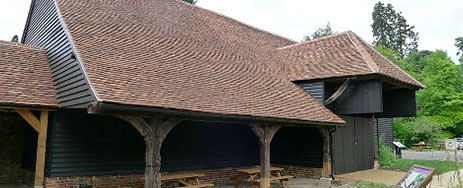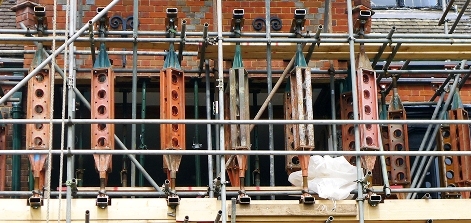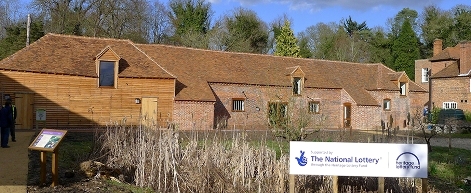
Code Of Practice
When Oxley Conservation work with traditional buildings, we will abide by the following code:
1 Respect existing resources
We will respect our existing resources so that future generations can see what we have inherited, especially buildings, natural resources, and wildlife.
2 Understand the building before acting
We will determine whether the building is formally protected and identify the special interest and value of each building and its fabric. We will investigate the way the building was built, how it performed and how subsequent changes to the building have affected this performance.
3 Justify the need for any alterations or repairs to a building
We will review proposals so that we can help manage change in an informed and justified manner.
4 Devise repair solutions that are appropriate to each individual building
We will avoid a reliance on standard solutions and recommend solutions that are in accord with the original performance of the building.
5 Avoid conflicts of interest
We will not rely on advice provided by those with a vested financial interest in their own recommendations.
6 Adopt a conservation-minded approach
We will be respectful to traditional buildings and their fabric. Wherever possible we will aim to maximize the retention of existing fabric, minimize intervention, and ensure the reversibility of interventions and repairs.
7 Choose materials carefully
We will ensure that new materials are proven to be compatible with the performance of the building and will favour materials that have minimal environmental impact.
8 Specify and promote appropriate and routine maintenance
We will advise on simple but effective methods of maintenance that are essential for the well-being of any building.
9 Encourage good management of precious resources
We will advocate reducing energy in use, minimising external pollution and environmental damage, reducing depletion of embodied energy and resources, and minimising internal pollution and damage to health.
10 Promote sustainable approaches
Sustainable approaches are those that meet the needs of the present without compromising the ability of future generations to meet their own need.









